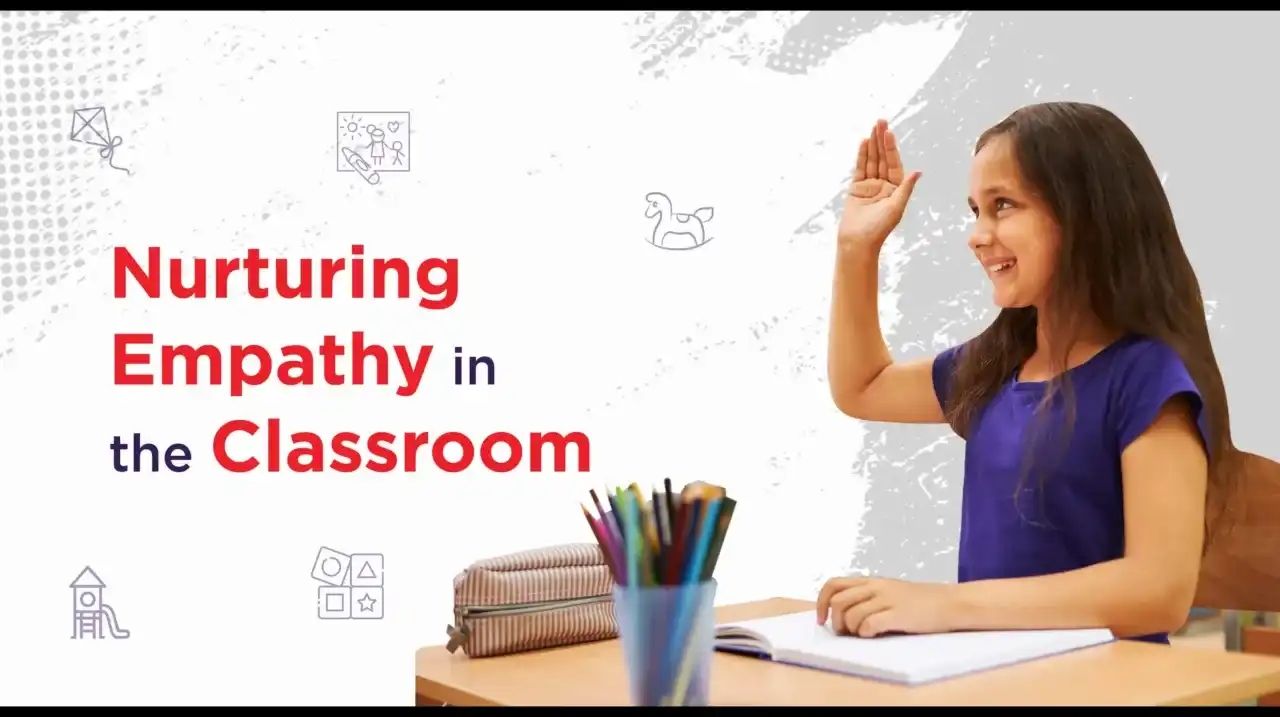In a world that often seems driven by competition and individual success, the importance of teaching empathy in the classroom cannot be overstated. Empathy, the ability to understand and share the feelings of others, is a fundamental human quality that transcends academic subjects. This blog delves into the significance of incorporating empathy into the curriculum and the profound impact it has on students, both academically and emotionally.
Understanding Empathy:
Empathy is more than just a soft skill; it is a cornerstone of emotional intelligence. It involves recognizing and understanding the emotions of others, and it extends to taking compassionate action. Empathy fosters connection, cultivates kindness, and promotes a sense of community within the classroom and beyond.
Key Benefits of Teaching Empathy:
Enhanced Emotional Intelligence: Teaching empathy helps students develop emotional intelligence by honing their ability to identify and manage their own emotions as well as those of others. This skill is invaluable in building positive relationships and navigating social situations.
Improved Communication Skills: Empathy is closely linked to effective communication. By understanding others’ perspectives and emotions, students become better communicators, expressing themselves with clarity and sensitivity. This skill is essential for success in both personal and professional contexts.
Conflict Resolution: Empathy plays a pivotal role in conflict resolution. Students who are taught to empathize are better equipped to navigate conflicts peacefully, seeking resolutions that consider the needs and feelings of all parties involved.
Cultivation of a Positive Classroom Culture: A classroom that prioritizes empathy fosters a positive and inclusive culture. Students feel supported and understood, leading to a more conducive learning environment. This, in turn, enhances students’ overall well-being and academic performance.
Preparation for Global Citizenship: In an increasingly interconnected world, empathy is a crucial skill for fostering global citizenship. By understanding and appreciating diverse perspectives, students are better prepared to engage with a multicultural and interconnected society.
Ways to Integrate Empathy into the Classroom:
Incorporate Literature and Storytelling: Literature provides a powerful medium for exploring different perspectives and understanding diverse experiences. By incorporating books and stories that highlight empathy, educators can spark meaningful discussions and promote empathy in the classroom.
Role-Playing Activities: Role-playing exercises allow students to step into the shoes of others, experiencing situations from different perspectives. These activities help cultivate empathy by encouraging students to consider the emotions and motivations of various characters.
Community Service Projects: Engaging in community service projects provides students with real-world opportunities to practice empathy. Whether volunteering at local charities or participating in community outreach programs, students learn the value of giving back and making a positive impact on the lives of others.
Open Dialogue and Reflection: Create a classroom culture that encourages open dialogue and reflection. Regular discussions about emotions, experiences, and the importance of empathy create a safe space for students to share and learn from one another.
Teaching empathy in the classroom is not merely an educational trend; it is a responsibility that shapes the future of our society. By prioritizing empathy, educators empower students to become compassionate, understanding individuals who contribute positively to their communities. As we strive to prepare students for the challenges of the 21st century, nurturing empathy must stand as a cornerstone of our educational efforts, fostering a generation capable of making a difference with kindness and understanding.



